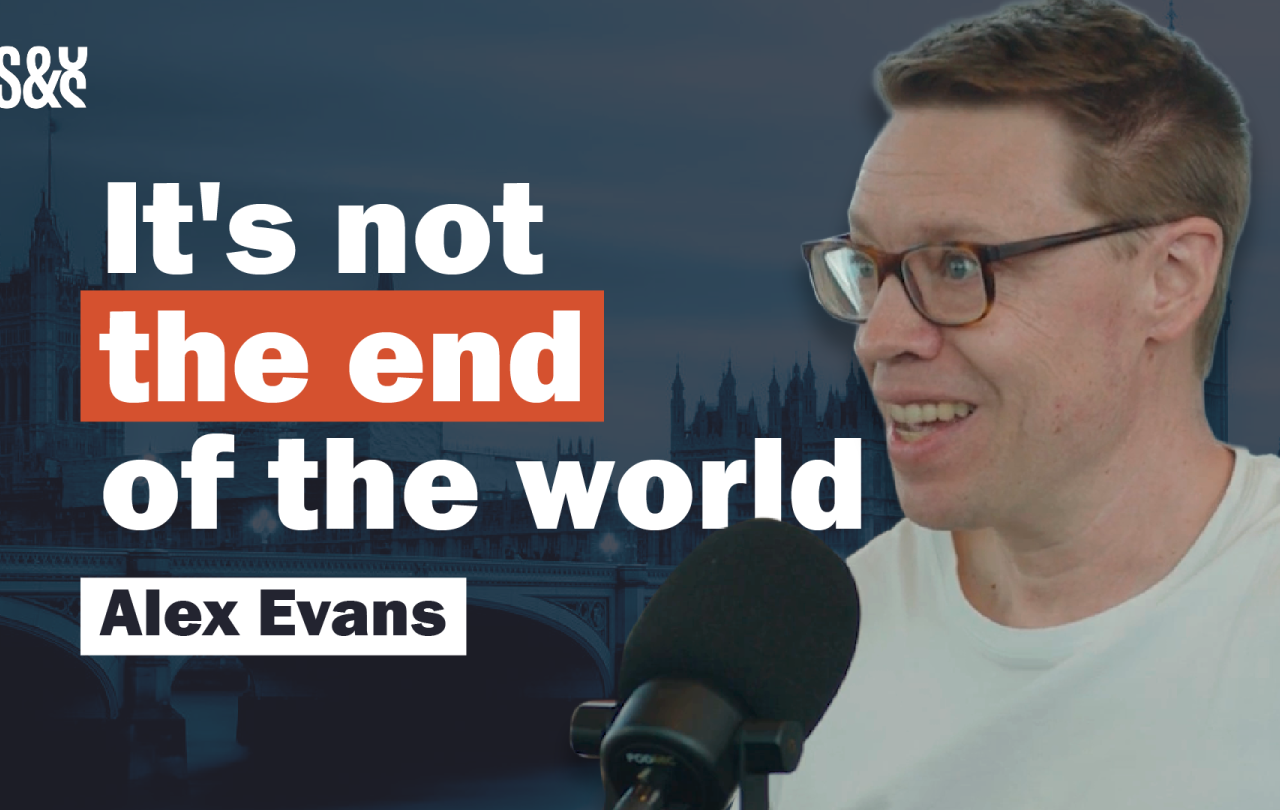
Chimneys. In our 1920s house, we have two of them, rising into the sky like solid brick antennae. Look across most big cities in the UK today and virtually every house still has them. Yet most of them remain idle, monuments of a bygone age. Useful for holding the TV aerial but not much else.
I thought of chimneys recently when driving up the M1 past Ratcliffe-on-Soar Power Station. On the last day of September this year, it was disconnected from the national grid, as the UK’s last coal-fired power station. The age of coal was over.
Back in the day, chimneys were busy. In the Industrial Revolution of the 1700s and 1800, coal was used to light towns, power railways, and fuel steam engines. By 1850 we were mining 62 million tonnes of coal every year. Coal was the fuel of the present, driving the technology of the future. Chimneys were a sign of a bright way ahead, churning out smoke from coal-fired factories and bringing safe fires into the hearth and home on those dark wintry northern European nights. Coal was leading us into the sunny uplands of prosperity, comfort and mastery over nature. The power behind the industrial revolution, it was as crucial to the present - and the future - as the smartphone seems to us today.
It began to dawn on us we had a problem with coal during the Great Smog of London in 1952. A period of cold weather, an unusually high number of domestic coal fires, no wind and an anticyclone which acted like a thick, stifling blanket, all of it kept the soot-filled fumes from escaping into the atmosphere. As a result, a miasma of dense, smelly fog sat for days over London, killing thousands of people. It led to the Clean Air Acts of 1956 and 1968, banning emissions of black smoke and making residents of urban areas and operators of factories convert to smokeless fuel. Margaret Thatcher’s fight with the miners in 1982, leading to the closure of many pits, was another nail in the coffin of coal.
In October 2001, the Large Combustion Plant Directive aimed to reduce carbon emissions throughout Europe. The UK planned to end coal use by 2025, and we managed to get there a year early. On the domestic level, not many of us use coal or wood fires anymore. Since May 2023, it has been illegal to sell ordinary domestic coal in the UK. Wet wood is banned too. You can burn what’s called ‘dry wood’, with 20% moisture or less, but you can’t go into the woods and bring home random logs you find on a weekend walk any more. Wood burners remain popular, yet even they are suspect, as they produce high levels of CO2.
Gradually we realised that there was an order and a rhythm to the natural world that we messed with at our peril. There was, as Marilynne Robinson once called a ‘Givenness’ to the world. We simply had to learn to respect that givenness, that order, and live within the limits it placed upon us. And as a result, the chimneys lie idle.
The demise of coal - and chimneys - teaches us a lesson. Not everything that promises progress is good. Wisdom lies not in pushing forward with whatever technology or new idea offers more choice, more possibility, but knowing what will diminish us and what will give us life.





